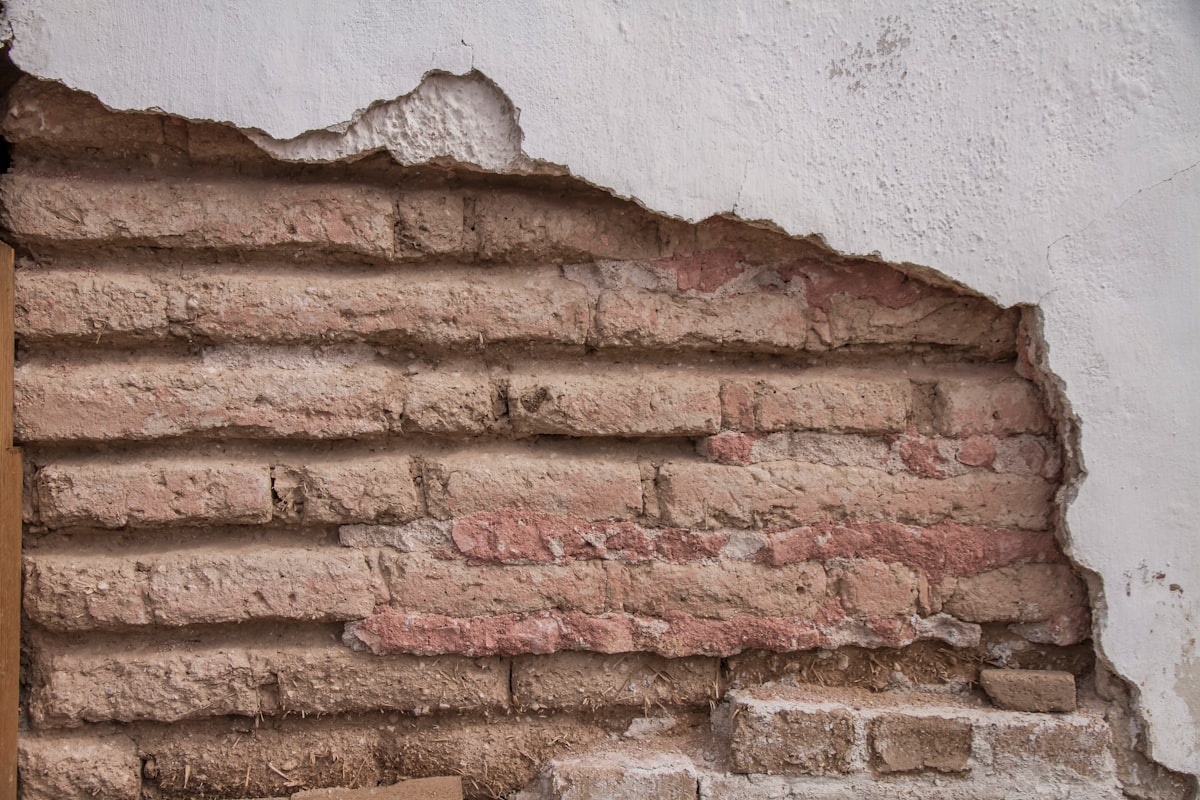When Creativity Comes
The discipline of recongizing and then capturing wisdom and insight is in fact like laying a foundation upon which you can build your own great work.

I am currently reading Stephen King’s “On Writing.” It’s a memoir detailing how he became the writer we all know today. I was pleased to find some familiarity as he shared his thoughts on the writing process. While reflecting on a poem he first heard as a young man, he remarks:
“There was also a work-ethic in the poem that I liked, something that suggested writing poems (or stories, or essays) had as much in common with sweeping the floor as with mythy moments of revelation. There’s a place in A Raisin in the Sun where a character cries out: “I want to fly! I want to touch the sun!” to which his wife replies, “First eat your eggs.”
If you read last week’s article, you know I just finished a long journey writing a book. Several people have asked me since I finished how long I was working on the project. It’s a surprisingly difficult question to answer. The simple answer is that I first put pen to paper in February of this year. It is also true to say, however, that I started on this book years ago, before I even knew it was a book.
Sometimes I would wake up in the middle of the night with half a thought. I’d drop it into the inbox on my notes app (I use one called Bear). I developed this practice in part so as not to lose the thought (and in part so I could get it out of my head and go back to sleep). After a month or two, I’d grab all the ideas in my inbox and comb through them to see if any of them made sense to a clear(er) mind in the light of day. Others were ideas I’d taken time to wrestle with — either here in these articles, in the blog for Growing Leaders, or just on my own. There were also the ideas of others in books, articles, tweets, and TedTalks. I have now kept meticulous records of highlights and quotes from these resources for the last two years. It has been so helpful, that I wished I’d started a decade ago. Finally, there were notes from conversations. While in meetings, during a sermon, or even over a cup of coffee with a friend — something would be said worth capturing. Those ideas were always something that my mind recognized as significant, even if I couldn’t at the moment articulate why.
The early days of writing my book were actually just re-reading. I went back through the years of stuff I’d collected to ask whether each note or quote was relevant to the topic of my book. My first attempt at an outline was just a series of folders (an idea I got from Tim Elmore) full of random notes and quotes that aligned with the themes of each of my nine chapters. As I went back through them in the context of the idea for the chapter, my mind started to thread the needle of an idea through each individual entry.
I guess I tell you all of this to confirm and emphasize the wisdom of King’s words. Great works do indeed have as much to do with “sweeping the floor” as they do with “Mythy” moments of revelation. The discipline of recognizing and capturing wisdom and insight is like laying a foundation upon which you can build your own great work. While I was certainly struck by great ideas during the writing process — thoughts that helped elevate the final product beyond the plans in my original outline — these lightbulb moments were more a result of my work than the work itself.
When creativity comes, it is much more like reacquainting yourself with an old friend than a sudden flash of brilliance. I don’t know about you, but I find a great deal of comfort in this thought.
Andrew